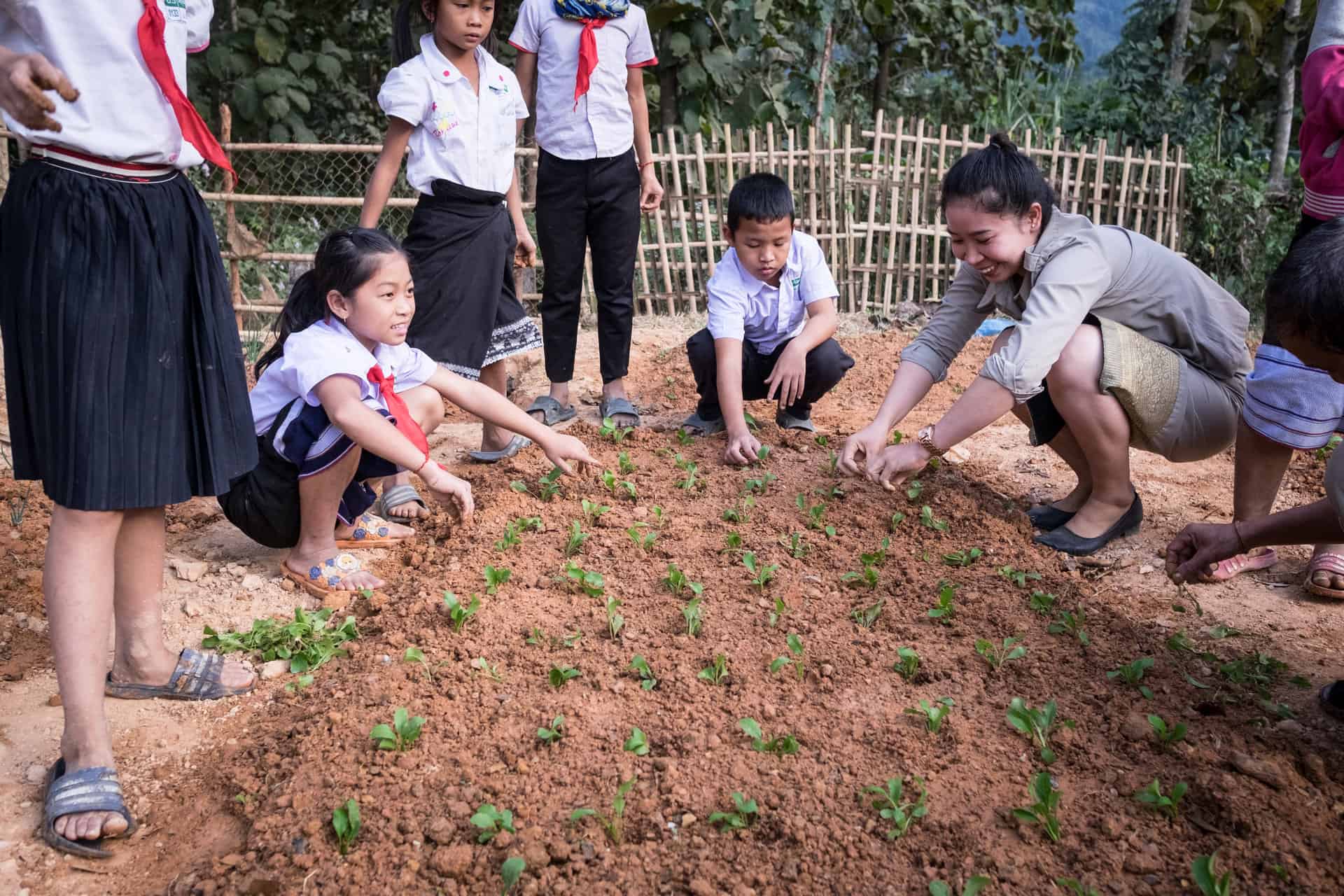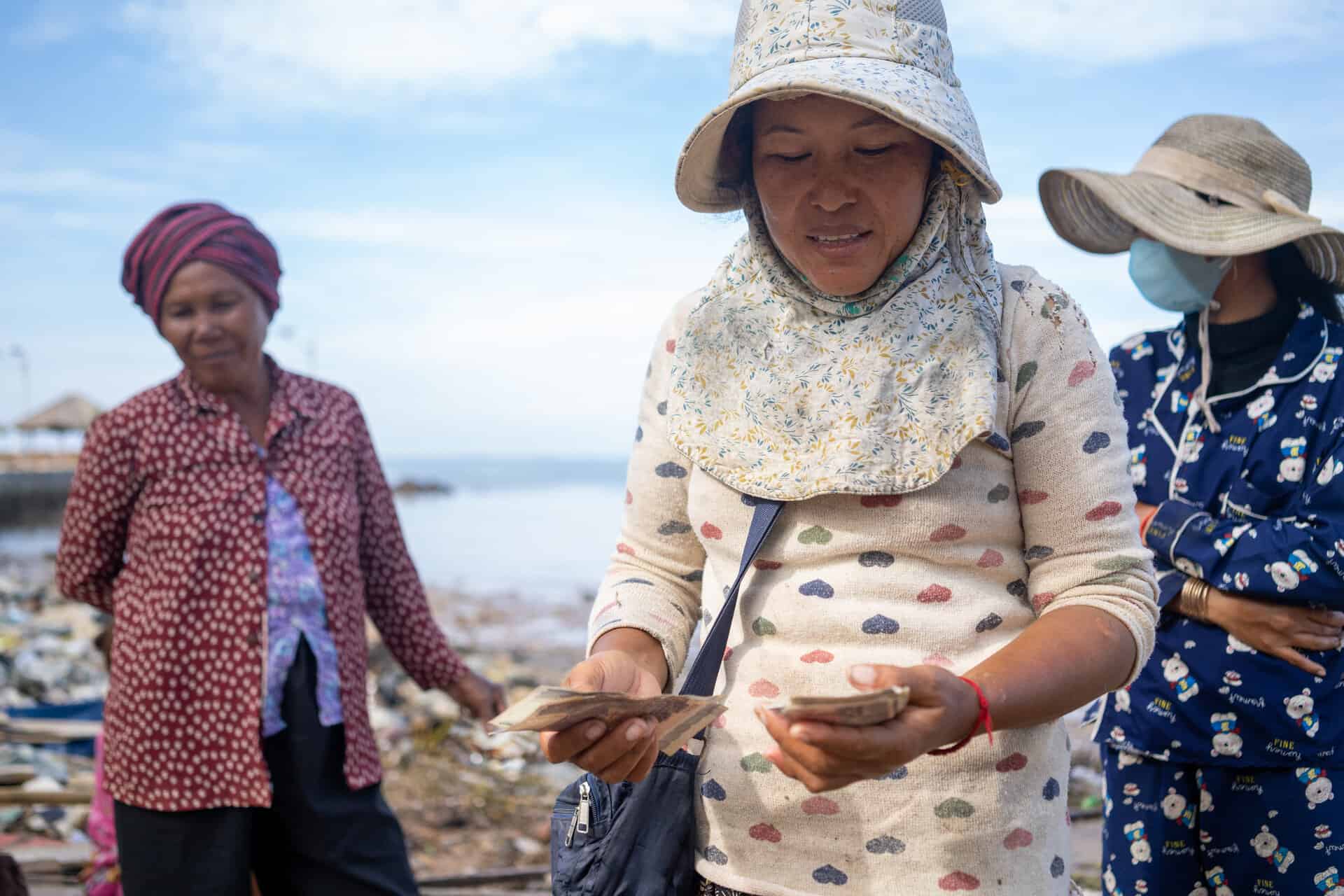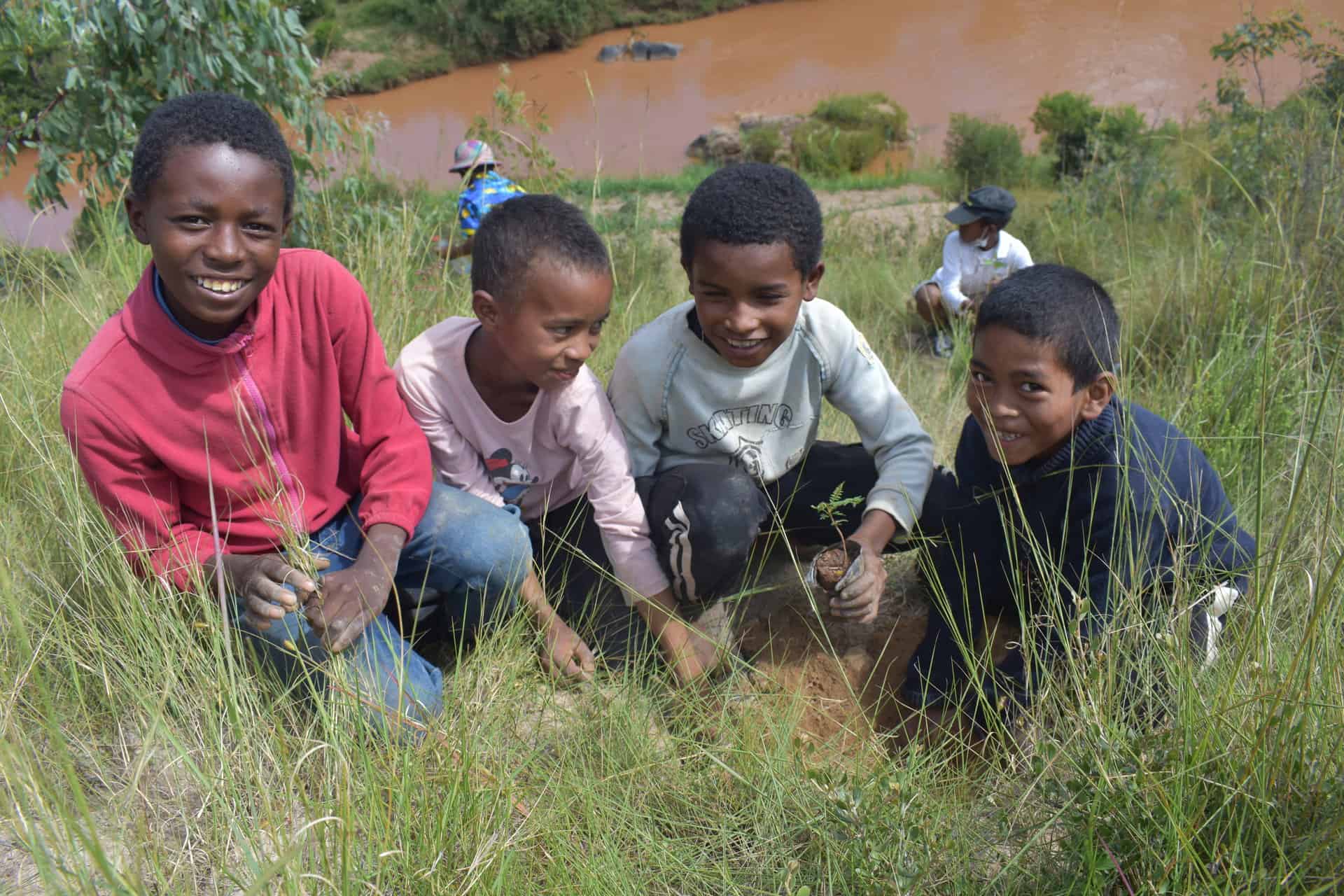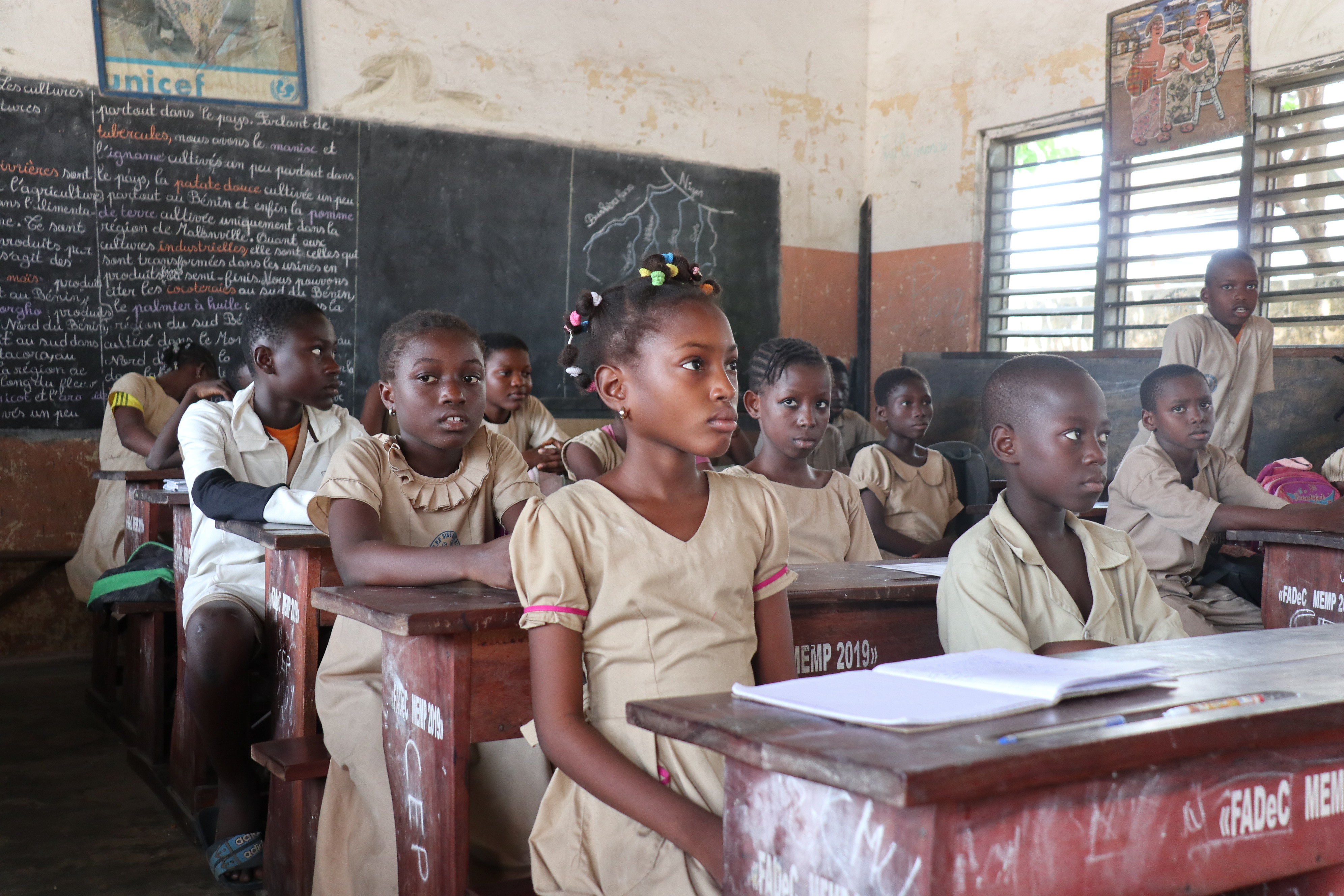Photo credits: CRedmond /Matthew Dakin
Earth Day is celebrated every year on 22 April to raise awareness of the need to protect our planet. Education is one of the most effective ways to get people to take action for the environment and to protect the Earth.
A day to raise awareness of environmental issues
 The Earth Day was first celebrated in the United States on 22 April 1970, at the initiative of a senator from Wisconsin. Large-scale demonstrations were organised with the aim of encouraging the American authorities to consider environmental issues in their decision-making. The initiative has grown over the years to become the largest participatory environmental movement in the world. The objective of Earth Day is to raise awareness and encourage individuals and organisations to reduce their impact on the environment through a variety of actions (awareness raising, planting, collecting and recycling, etc.).
The Earth Day was first celebrated in the United States on 22 April 1970, at the initiative of a senator from Wisconsin. Large-scale demonstrations were organised with the aim of encouraging the American authorities to consider environmental issues in their decision-making. The initiative has grown over the years to become the largest participatory environmental movement in the world. The objective of Earth Day is to raise awareness and encourage individuals and organisations to reduce their impact on the environment through a variety of actions (awareness raising, planting, collecting and recycling, etc.).
The 2023 edition of the Earth Day aims to raise public awareness of the importance of supporting environmental organisations, artists, scientists and all those who are committed to protecting the environment and fighting climate change.
15 times higher mortality in highly vulnerable countries
The latest IPCC report published on 20 March 2023 reminds us: " Climate change is more than ever a threat to human well-being and the health of the planet. The effects of climate change vary by geographical area. Between 2010 and 2020, highly vulnerable countries suffered 15 times more deaths from floods, droughts and storms than other countries.
In recent years, our association has noticed a sharp increase in extreme weather events in our countries of intervention. These events increasingly affect our projects and children are the first victims. We are increasingly obliged to provide emergency aid to help the populations of the projects we support. This was the case in 2022 in Madagascarat the Laos: and Cambodia. Education is one of the solutions we offer to people, students and teachers, so that they can best adapt to the effects of climate change.
Education to adapt to the effects of climate change

Two sisters buy crabs and fish from fishermen before selling them at the market, Angkoal beach, Cambodia
As we wrote in a previous articleThe climate emergency requires a change of mindset. Quality education today remains an excellent means of preparing for future climate crises and adapting to the inevitable changes in order to build a truly sustainable world. Since 2020, we have been developing programmes to prevent and adapt to the effects of climate change in the countries where we operate.
This is the case in Cambodia, for example: the decline in fishing stocks has a direct impact on the lives of many fishing communities, which find themselves trapped in a cycle of poverty. Many children, the majority of whom are girls, drop out of school or are at risk of dropping out.
The two main projects on which we intervene aim to :
- to make members of community fisheries economically self-sufficient, particularly through diversification of activities.
- improve the retention and performance of the most vulnerable children.
Initiatives to strengthen environmental protection

Students in the middle of a reforestation activity in the primary school of Ampangabe, west of Tananarive (Madagascar)
Within the framework of its projects, Action Education promotes the learning of a greater respect for the environment. The association frequently intervenes in schools to make children aware of the importance of environmental protection and to involve them in concrete actions. We have been developing school garden initiatives in our programmes for several years. These are a great opportunity to raise environmental awareness among students.
Action Education has also set up school governments in several of its missions in West Africa. Children "elected" by their peers discuss problems (environment, health, agriculture...) and try to find solutions collectively. In this way, the mobilised children become powerful actors of change, capable of influencing the daily habits of their families and, more globally, of their community. In several of its countries of intervention, Action Education also trains adults in eco-citizenship to strengthen environmental protection.
Resources on education, environment and climate change






